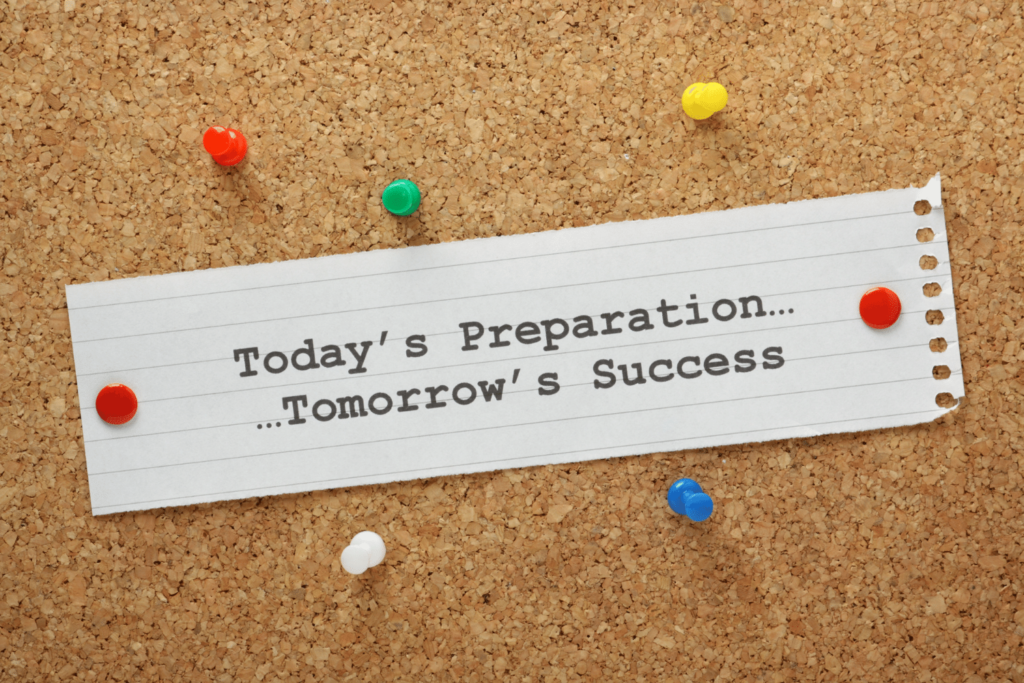
Your Creative Process
If you have ever listened to, watched, or read interviews with people whom society considers creative, you know that the interviewer inevitably comes to the question of process. “Tell our listeners a little about your creative process when… starting a new piece of art… beginning a novel … embarking on a film project… etc.” The answers that the interviewees give about their processes depend as much on their individual personalities as their specific fields. In this post I examine the variety of types of creativity, as well as the spectrum of creative processes. My goal is to distill some of the integral components of an overarching creative process that can be applied to many different imaginative endeavors in order to help you harness your own processes for greater satisfaction and productivity.
Varieties of Creativity
Creativity is not exclusive to the world of the arts. It is a quality that can be expressed in any area of life. Teaching math can be as creative as decorating a living room; organizing a shed can be as creative as writing a poem. When we step away from the idea of creativity as an exclusively artistic endeavor and into a broader conceptualization, it is important to have a working definition of what it means to be creative. A good shorthand definition of creativity is the ability to make new connections for a result that is useful. Being adept at making new connections is a quality that can express itself in any area of life, and it follows that the “creative process” is not just an aspect of artistic endeavors but rather of any area in which we express our imagination. We can employ creative processes in our jobs, our home lives, and our relationships.
Inspiration and Perspiration
Genius is closely related to creativity, and some might even argue that they are synonyms. Many have heard the saying attributed to Thomas Edison that genius is one percent inspiration and 99 percent perspiration. I like the adage, even though I think that this is an oversimplification of the process of creativity/genius. It does, however, give us a convenient jumping off point to begin our discussion. The saying implies that that there are at least two stages to creativity: 1) having a good idea, and 2) working hard.

I believe that there are more than two stages to the creative process, but let’s focus some attention on these two for the moment. Having a good idea and working hard are definitely parts of the imaginitive process, but I wonder about the percentages that Thomas Edison assigned them. Is it fair to attach only one percent of the importance to having the good idea? We can all probably agree that investing 99 percent of your effort into an idea that isn’t very good would be a recipe for disaster. So, from the beginning, I contend that attaining inspiration definitely represents more than a small part of the overall importance when it comes to genius or creativity. The value of setting the stage for a good idea brings us to the phase of the creative process that Edison left out of his axiom: preparation.
Creators and Preparation
Returning to the opening vignette of interviews about the creative process, one of the most salient aspects of such discussions with creative professionals is the emphasis that they give to preparation. Not all creative professionals describe the earliest stage of the process in terms of preparation, but almost all of them refer to it at least indirectly.
A visual artist might say something like, “I first became interested in the repetition of shapes one October when getting into my car whose windshield was covered with dozens of maple leaves.” Sometimes the preparation stage of creativity starts with something as small as a spark of interest and continues with a broader gathering of information. That gathering might be as informal as noticing a pattern or giving focused attention to a topic. This type of attention could be in the form of self-directed learning or formal classroom instruction. Preparation for writing songs might include informal activities such as listening to variety of music on the radio or more formal ones like attending classes at a conservatory. These types of informal and formal preparation for creativity are not limited to the arts. Preparing to be a more creative gardener, for example, might include noticing other people’s gardens, watching videos online, or taking a class through a master gardener’s association.

While education, either through self-instruction or more formal learning programs, is one means of creative preparation, so is practical experience. Practicing technique, whether for dancing, teaching science, or tying fly-fishing lures, is another way to prepare the groundwork for creativity. Some may argue that skill building through practical experience is not creativity in and of itself, but I contend that almost no one achieves their creative potential without first exercising the techniques of their craft. Practice, practice, practice.
At a very basic level, the preparation phase of the creative process can simply involve gathering up the tools of the creative discipline you intend to pursue. Someone who is going to explore their creativity in the kitchen might gather seasonal ingredients and some unusual seasonings. A painter might prepare a canvas and set out the paints. Whether it be through focused attention or education, practical experience or developing a technique, or simply gathering the tools of the trade, preparation is an important initial step of the creative process.
Overarching Stages
In very basic terms, the three broad phases of the creative process are preparation, inspiration, and perspiration (or hard work). Regardless of the creative endeavor, from the arts to business, and from science to parenting, one can apply these three broad stages to the process. Each of these stages is more complex and will be explored in more detail in due turn. In this post I have dedicated a good amount of space to the first stage of the process: preparation. When thinking about the areas of your life in which you want to be more creative, you might want to take a page from the playbook of creative professionals and dedicate some time today to preparation: pay attention, take a class, practice, gain experience, and prepare your materials. The next stage, inspiration, is undoubtedly the most mysterious and elusive. In a previous post, we explored the phase of inspiration in terms of what happens in the brain that allows creativity to happen. Stay tuned to the blog for a future post on how to create the conditions for the phenomenon of inspiration to occur more readily. Until then, do what you can to prepare yourself for creativity in the areas that are most important to your life and wellbeing.